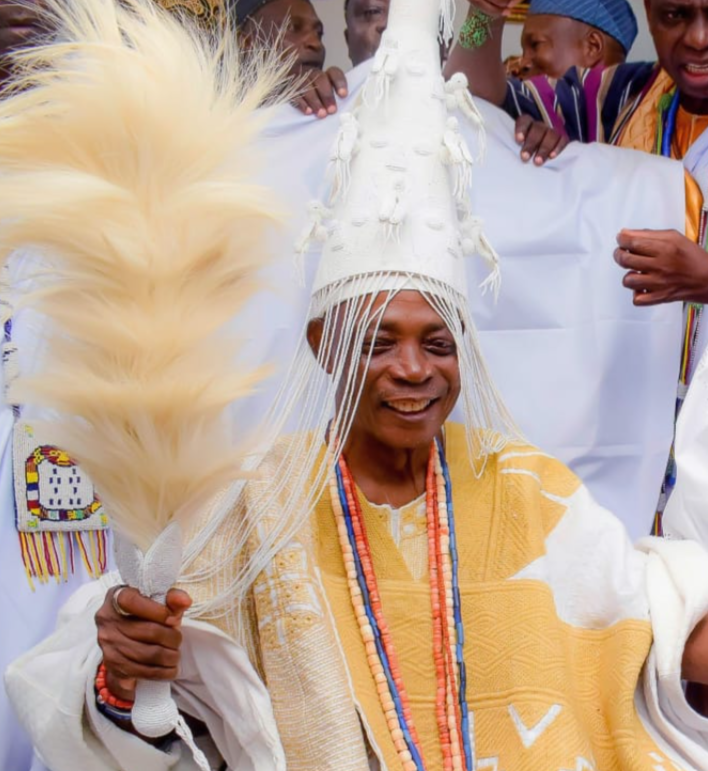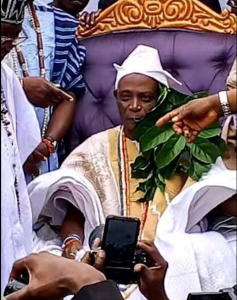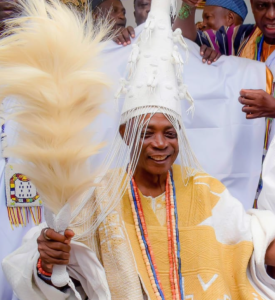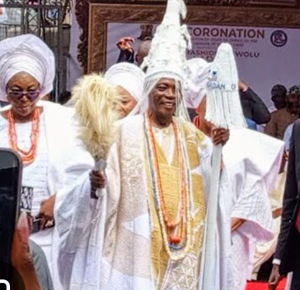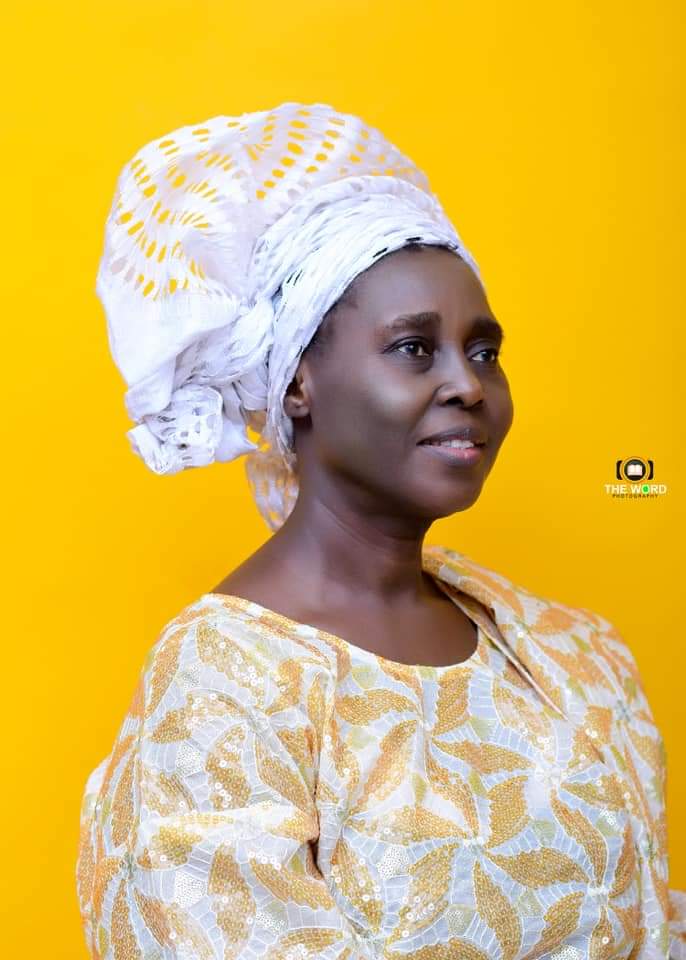In a majestic display of tradition, culture and regal pageantry, Rashidi Adewolu Ladoja was officially crowned the 44th Olubadan of Ibadanland today, marking a new era in the history of Ibadan’s revered monarchy.
Coronation Amid Splendour and Tradition
The coronation rites commenced at the Ose Meji Temple in Ibadan’s South-East Local Government Area, where Ladoja first received the sacred Akoko leaf at the Labosinde Compound, Oja’ba — a symbolic gesture denoting his acceptance by the kingmakers and the people.
From there, he proceeded in a regal procession to Mapo Hall, the historic venue for the final ceremony, where he was presented with the staff and instrument of office by Governor Seyi Makinde.
The event drew a galaxy of dignitaries: traditional rulers, former governors, politicians, religious leaders and ordinary citizens. Among the notable guests were the Sultan of Sokoto, former Governors Rabiu Musa Kwankwaso, Olagunsoye Oyinlola, Kayode Fayemi, and Donald Duke.
During his acceptance address, Oba Ladoja expressed gratitude to Governor Makinde, past monarchs, and all who supported him, while renewing his call for creation of Ibadan State — a plea he urged President Bola Tinubu to consider.
A 32-Year Climb to the Throne
Ladoja’s path to the throne has been described as deliberate and painstaking, spanning over three decades of steady advancement through Ibadan’s unique chieftaincy hierarchy.
He began as a Mogaji in the 1980s, then was installed Jagun Olubadan on October 1, 1993, initiating his formal entry into the Egbe Agba line. Over time, he held successive titles — Osi Olubadan, then Otun Olubadan — the seniormost post in one of Ibadan’s two ruling lines, positioning him for direct succession.
Notably, he had been outspoken in defending the traditional succession system. In 2017, when the then-Governor Abiola Ajimobi attempted to elevate multiple Obas in Ibadan (a move critics saw as undermining the Olubadan system), Ladoja challenged the reform, and courts later nullified the new installations.
Significance & Expectations
At age 81, Ladoja assumes the Olubadan stool as a figure who bridges Nigerian politics and traditional institution. His reign is seen as a test of how a former governor and senator will navigate the demands of kingship, mediation, and cultural leadership.
Governor Makinde, in his remarks, applauded the peaceful transition, calling Ibadan’s succession model “an enviable benchmark in Nigeria.” President Tinubu also congratulated Oba Ladoja, urging him to promote peace, unity, and development.
Observers anticipate that Ladoja will be tested on his ability to unify Ibadan’s diverse communities, mediate local conflicts, and advocate for development. His insistence on the creation of Ibadan State suggests that under his reign, issues of regional autonomy and identity may come to the fore.
Challenges & Prospects
While the succession was orderly, the shadow of past controversies looms. The 2017 attempt to reshape the chieftaincy landscape nearly upended the traditional order, and stakeholders will expect Oba Ladoja to safeguard the integrity of Ibadan’s customs.
Moreover, balancing the ceremonial and actual expectations of a modern monarchy in an urban, politically conscious city like Ibadan will require diplomatic and visionary leadership.
Still, Ladoja’s background in governance, business, and public service – coupled with his long immersion in Ibadan’s traditional system – gives him a potentially strong footing.


